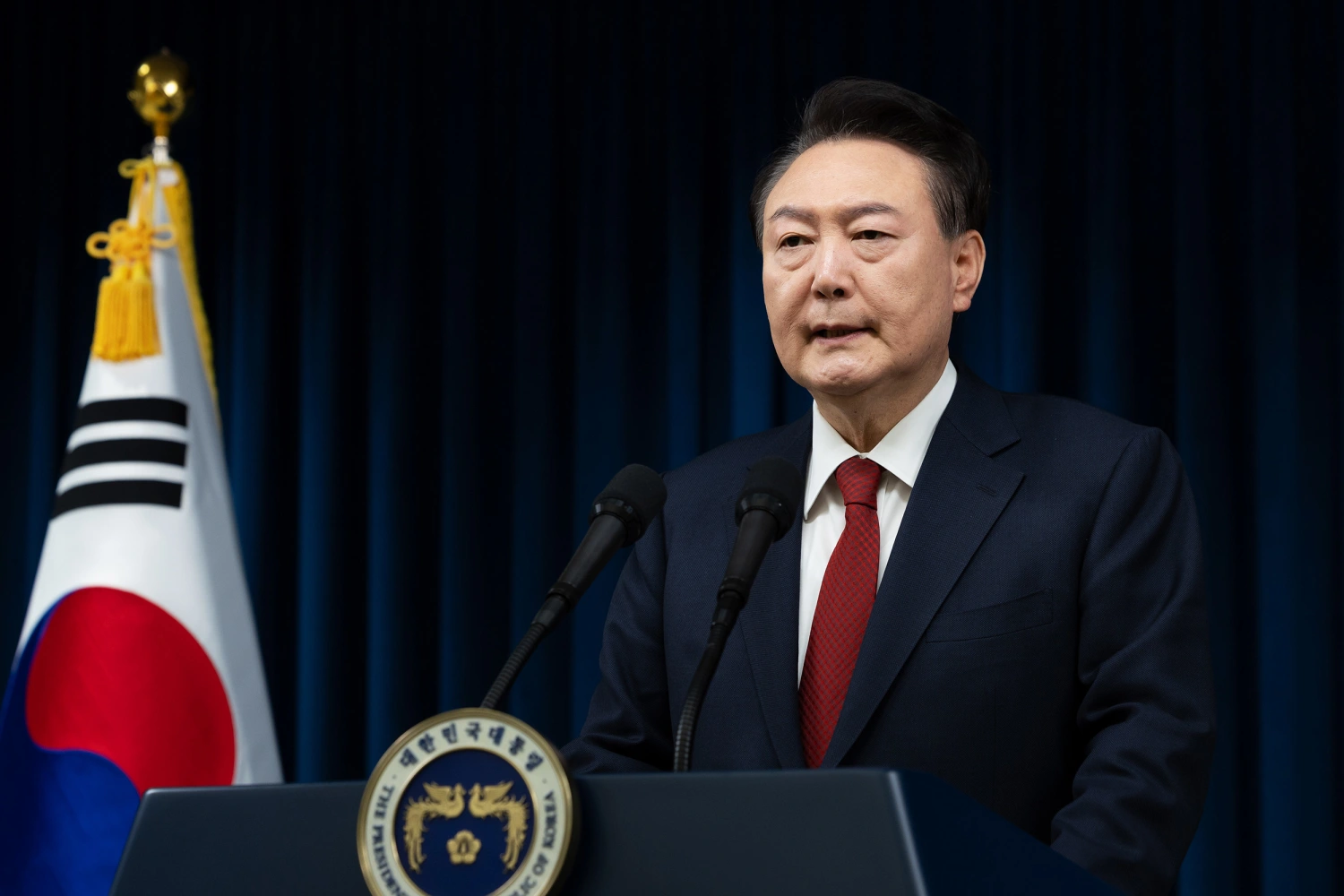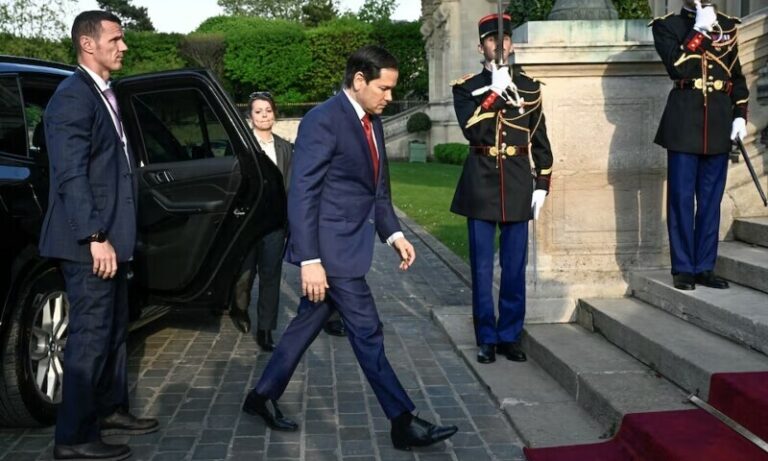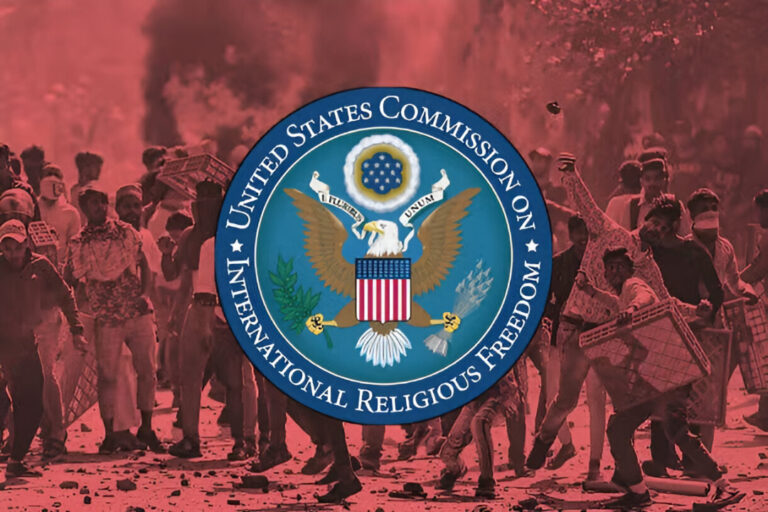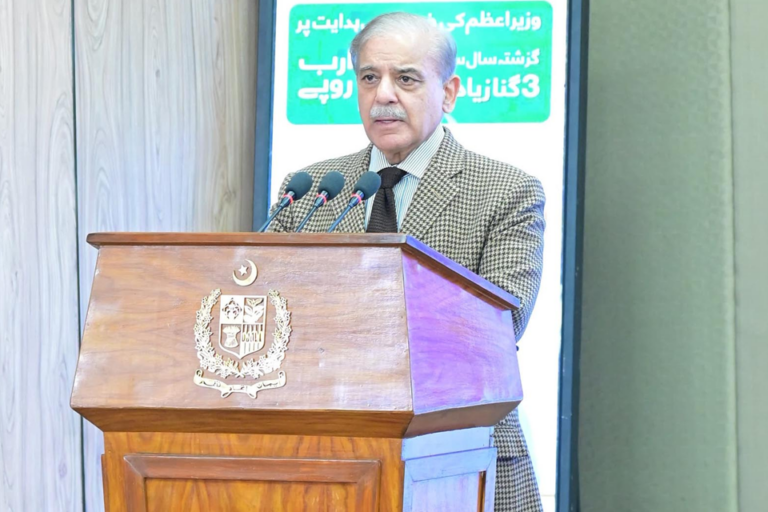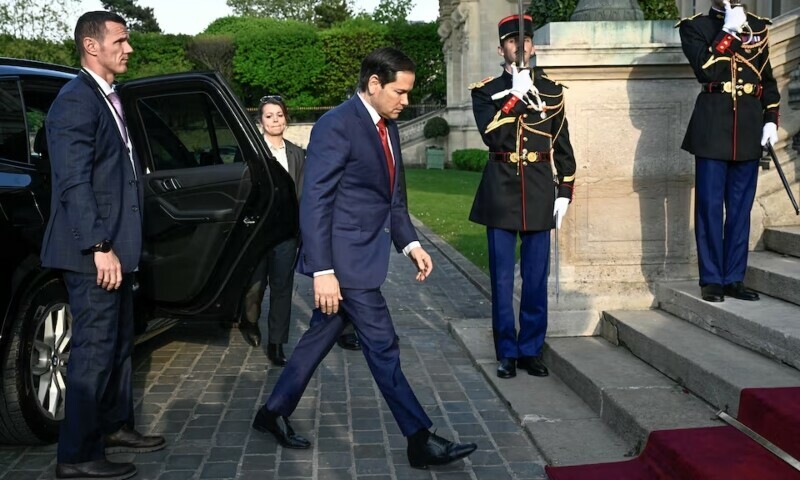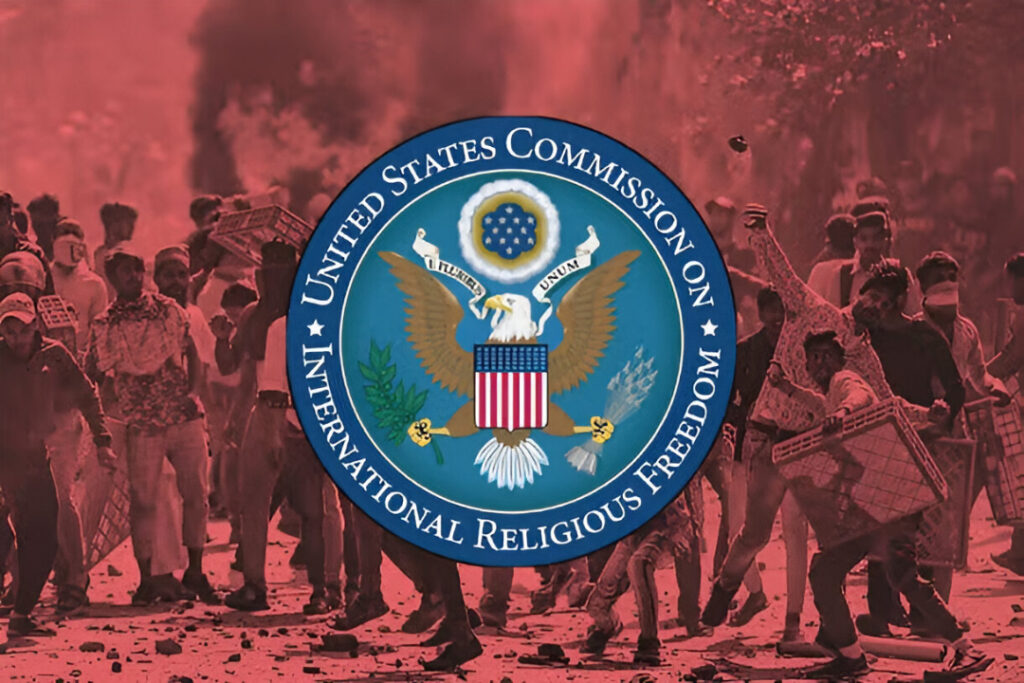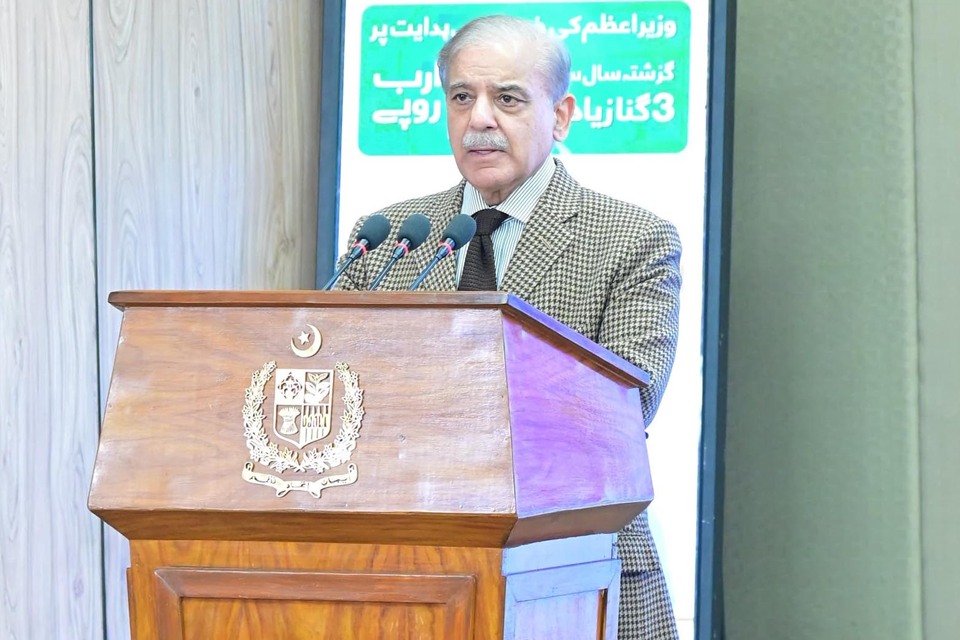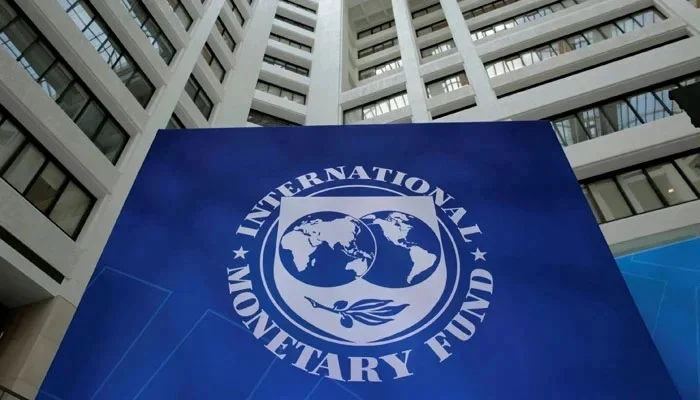The impeachment trial of South Korea’s suspended president, Yoon Suk Yeol, commenced on Tuesday, marking a critical moment in the country’s political history. The constitutional court began the proceedings but quickly adjourned due to Yoon’s absence. The president, facing allegations of insurrection over his short-lived martial law declaration on December 3, remains holed up in his presidential residence, citing safety concerns for not attending the trial.
Yoon’s martial law declaration followed a failed attempt to prevent lawmakers from voting on his suspension of civilian rule. The national assembly impeached him in mid-December, sparking the worst political crisis in decades. His legal team claims the court must utilize the full 180-day period to review the martial law declaration and its implications thoroughly.
The court will evaluate whether Yoon’s actions violated the constitution and, if so, whether they amount to insurrection. The acting president, Choi Sang-mok, has urged opposing parties to appoint the ninth constitutional justice promptly, as six of the eight sitting justices must agree to uphold the impeachment.
Meanwhile, Yoon faces additional pressure as investigators prepare a second attempt to arrest him on charges of insurrection. His presidential guards thwarted the initial arrest, fortifying his residence with barbed wire and bus barricades. The Corruption Investigation Office (CIO) has warned that obstructing the arrest may result in criminal charges.
If convicted, Yoon could face severe penalties, including imprisonment or the death penalty. The trial is set to continue on January 16, with four more sessions scheduled until early February. The outcome could redefine South Korea’s approach to presidential accountability and constitutional governance.

